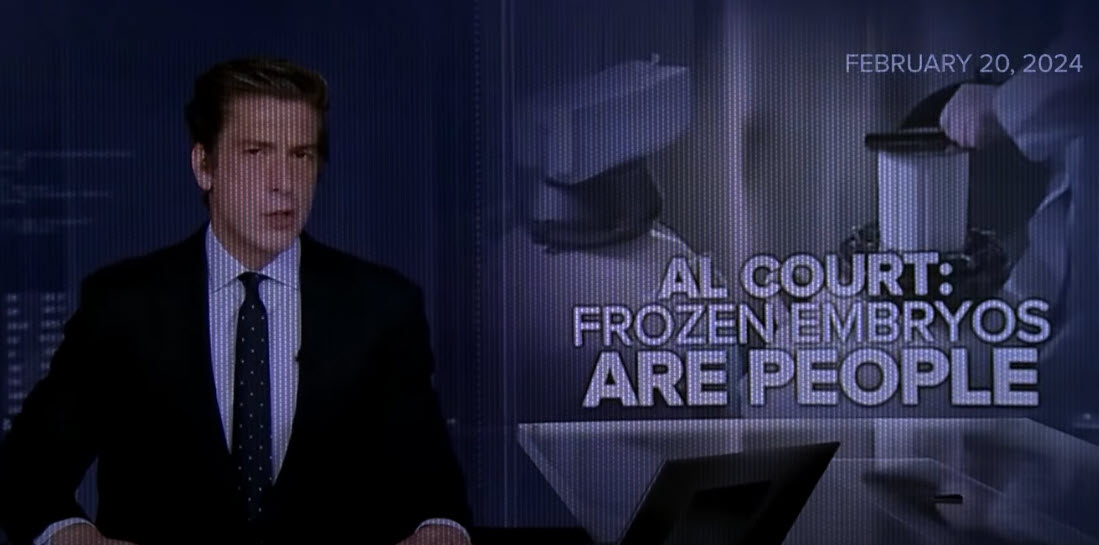A routine divorce case in North Texas has escalated into a potentially precedent-setting legal battle over the status of frozen embryos and the future of in vitro fertilization (IVF) in the state. The case centers on a couple’s prenuptial agreement, which specified that any frozen embryos created during their marriage would be awarded to the husband in the event of a divorce.
However, the wife is now suing for custody of the embryos, arguing that they should be considered human beings under Texas law. Her attorneys assert that life begins at conception, a viewpoint that, if upheld by the court, would classify the embryos as children rather than property. This reclassification would subject the embryos to child custody laws rather than property division rules.
The case presents a significant legal question for the Texas Supreme Court, which has yet to decide whether it will hear the case. If the court agrees to take it up, the ruling could have profound implications for IVF practices and reproductive rights in Texas, potentially influencing similar cases nationwide.
Legal experts are closely watching the developments, noting that the outcome could set a legal precedent regarding the status of embryos. The decision could impact not only current and future IVF cases but also broader debates about reproductive technology and the legal definitions of life and parenthood.
As the case proceeds, it is drawing significant public attention and sparking debate about the ethical, legal, and personal implications of reproductive technology. The wife’s argument taps into ongoing discussions about when life begins and the rights of embryos, which are often central to debates about abortion and reproductive rights.
Meanwhile, the husband’s legal team is expected to argue that the prenuptial agreement should be upheld and that the embryos should be considered property as initially agreed upon by both parties. The conflicting viewpoints set the stage for a potentially landmark decision by the Texas Supreme Court.



